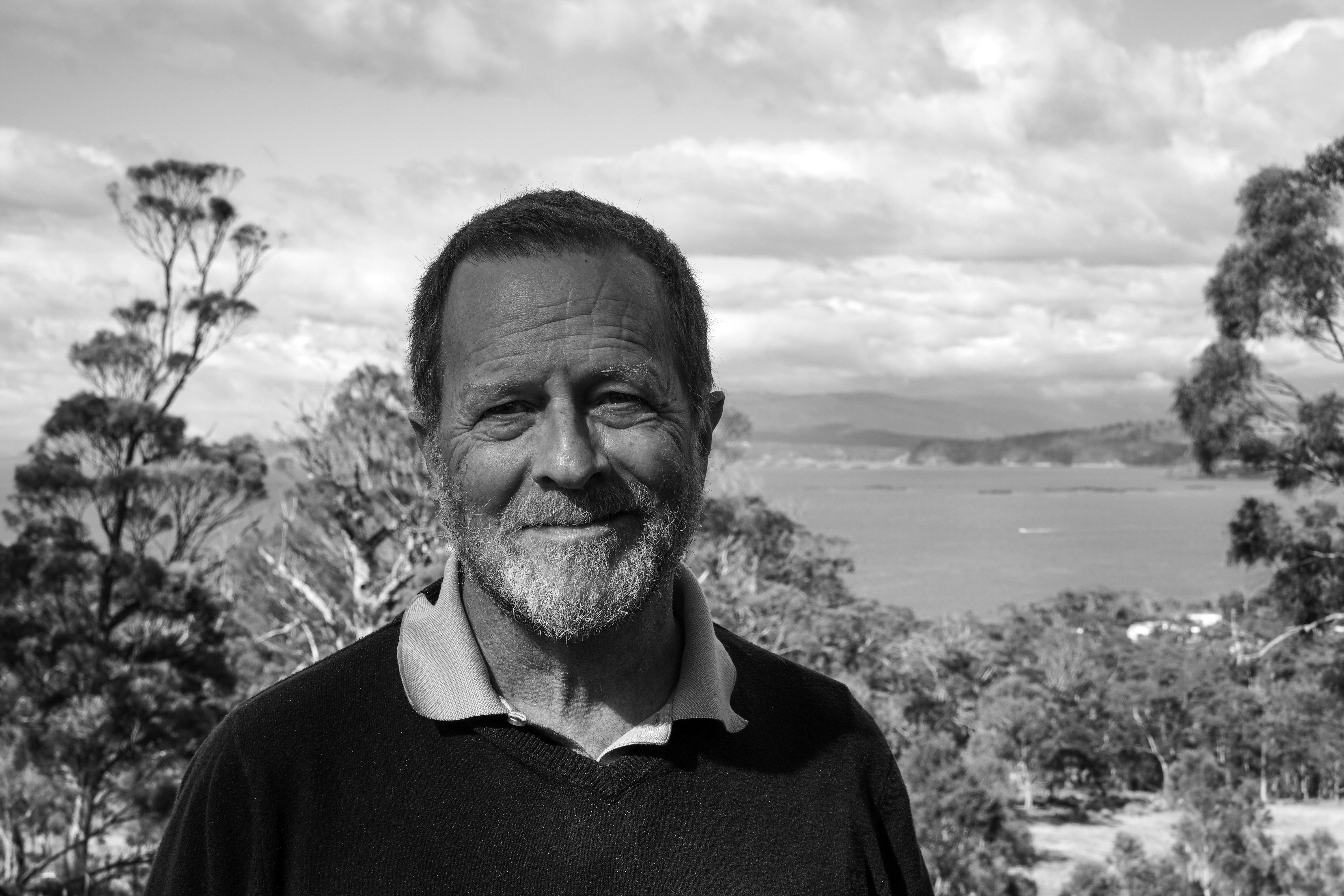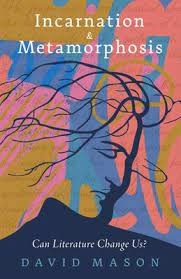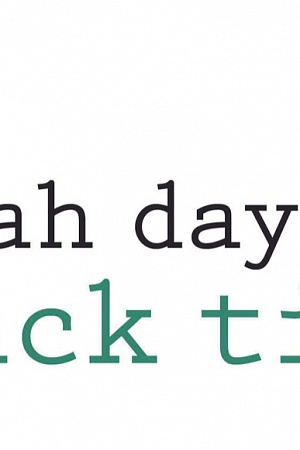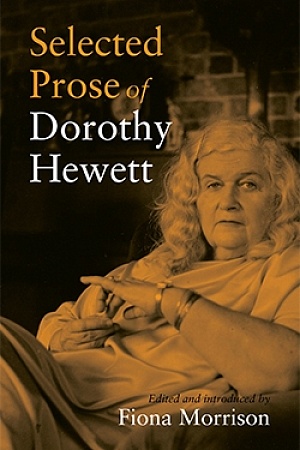Incarnation and Metamorphosis: Can literature change us?
Paul Dry Books, US$19.95 pb, 226 pp
The Colosseum Introduction to David Mason
Franciscan University Press, US$12 pb, 220 pp
Fluid states of being

American/Australian poet, David Mason, is also a verse novelist, librettist, and essayist. His latest collection of essays, Incarnation and Metamorphosis: Can literature change us?, is clearly the work of a man who enjoys literature as he finds it rather than as he is told to see it. He is not afraid to declare in his introduction that ‘[s]ome literary works are better than others’. It is the works themselves, rather than the author’s origins or identity, with which he is concerned. In the first half of Incarnation and Metamorphosis, Mason concentrates on the issues that the phrase ‘better than others’ implies. The second half is devoted mainly to a number of writers whose work currently risks being undervalued or misunderstood to their disadvantage.
A good example of the latter actually appears in the first half of the book in the essay, ‘Beloved Immoralist’, on the novelist Joyce Cary (1888–1957), who is much less well known now than he once was. Mason reintroduces us to Cary by way of his late father, Jim Mason, an Iwo Jima veteran, who, though not particularly literary, was devoted to Gulley Jimson, the memorable hero of Cary’s novel, The Horse’s Mouth.
‘Beloved Immoralist’ is the sort of criticism that Mason does very well, managing somehow to run the lives of his own father, and those of Joyce Cary and Gulley Jimson, together in ways that illuminate all three. While not the sort of article that would appear in a scholarly journal, it is a powerful reminder of the role certain key books can play in our lives. A nice evocation of this is Mason’s description of his father’s original copy: ‘One of the few possessions I retain of my life in America is my father’s copy of The Horse’s Mouth. Published in paperback in 1957 by Grosset’s Universal Library, it cost $1.45.’ This kind of particularity is a feature of Mason’s own writing as well of that of the authors he admires throughout the book.
Continue reading for only $10 per month. Subscribe and gain full access to Australian Book Review. Already a subscriber? Sign in. If you need assistance, feel free to contact us.

















Leave a comment
If you are an ABR subscriber, you will need to sign in to post a comment.
If you have forgotten your sign in details, or if you receive an error message when trying to submit your comment, please email your comment (and the name of the article to which it relates) to ABR Comments. We will review your comment and, subject to approval, we will post it under your name.
Please note that all comments must be approved by ABR and comply with our Terms & Conditions.